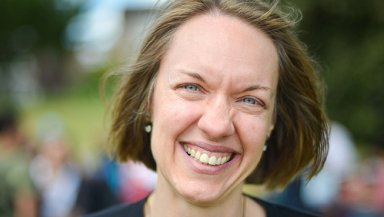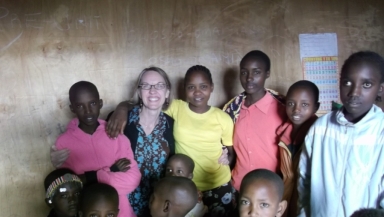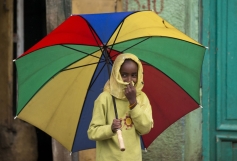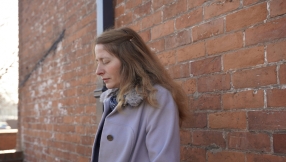
Church leaders should do more to oppose female genital mutilation (FGM), anti-FGM charity 28 Too Many will tell those gathered at the Church of England's General Synod this weekend.
The charity's executive director, Ann-Marie Wilson, will challenge leaders at a fringe meeting at Synod to make a commitment to eradicating FGM both in the UK and abroad.
She told Christian Today: "It's not even just overseas, there are Sunday schools in the UK that have girls that have been cut or are at risk of being cut this summer."
It is estimated that 30 million girls in Africa are at risk of FGM in the next 10 years. A recent parliamentary report estimated that 66,000 girls aged 13 and under are also at risk in Britain.
The issue was last raised at Synod in 2002, when a motion was passed to condemn all forms of FGM. But the questions that need to be asked are what progress has been made since then? And has the official condemnation filtered down to individual churches around the UK?
Contrary to some expectations, 28 Too Many's research in Tanzania showed that FGM was more prevalent in Christian communities than among Muslims, which makes it particularly important for the Church to respond.
"I'm looking for some really key people to get behind his and say that it's not acceptable for the Church not to take a stand on this," Dr Wilson said.

"There's been action from Government, which has come from pressure from NGOs, but the Church needs to catch up."
On July 22, the UK Government is hosting the first Girl Summit, which will bring together international representatives, from the private sector, governments and faith groups, to commit to an end to FGM and child marriage.
Within the UK Church, Dr Wilson believes the should focus be on education at a local level, so that children's and youth ministry leaders are aware of the risks and might be able to identify vulnerable girls. It is also important for vulnerable women and girls to know where to get help.
To find out more visit the 28 Too Many website, or look at the advice available from the NSPCC.














